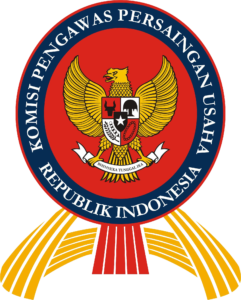
Badan Riset dan Inovasi Nasional
07-11-2022
12-08-2024
eae68d24-5d03-42d4-b80a-4734f00ac5d8
Women's participation in fulfilling the needs of fishermen fishing families caus...
Reconstruction assessment of historical land use can be useful for understanding...
This study analyzes the technological capability upgrading and entrepreneurship ...
Museum specimens are vast repositories of genetic information of interests to bi...
Research about the utilization of kecondang (T. leontopetaloides) in Karimujawa ...
INFORMASI: Data berikut ini masih dalam proses pemenuhan Prinsip SDI.
UTILIZATION OF ARCHIVES IN THE DECISION MAKING PROCESS BY THE LEADERS IN MIDDLE-LEVEL MANAGEMENT (CASE STUDY IN PADJADJARAN UNIVERSITY)
This study aims to find out how the use of archives carried out by leaders at Padjadjaran University, ranging from top-level management, middle-level management, to low-level management. The method used is a qualitative method with a case study approach. Data collection techniques are taken through observation, interviews, literature studies and data triangulation. The results of this study show that in procedural the archives are used in the decision-making process by the leaders at each level of management in the Padjadjaran University Rectorat, and even become one of the most important components. The use of archives in the decision-making process carried out by leaders at Padjadjaran University is influenced by the level of hierarchy, type of decision making, basic decision making, certain factors, and decision-making styles. The types of archives used vary at each level and work unit, adjusted to the information needs needed by a leader in making decisions. For the management of records that exist in Unpad is in accordance with procedural, by combining a centralized and decentralized archive organizing system. However, there are still a number of obstacles faced, namely the development of the filing field that has not been evenly distributed in each work unit, a digital-based filing system that has not been fully developed, and archivist competencies that still need to be developed again.
